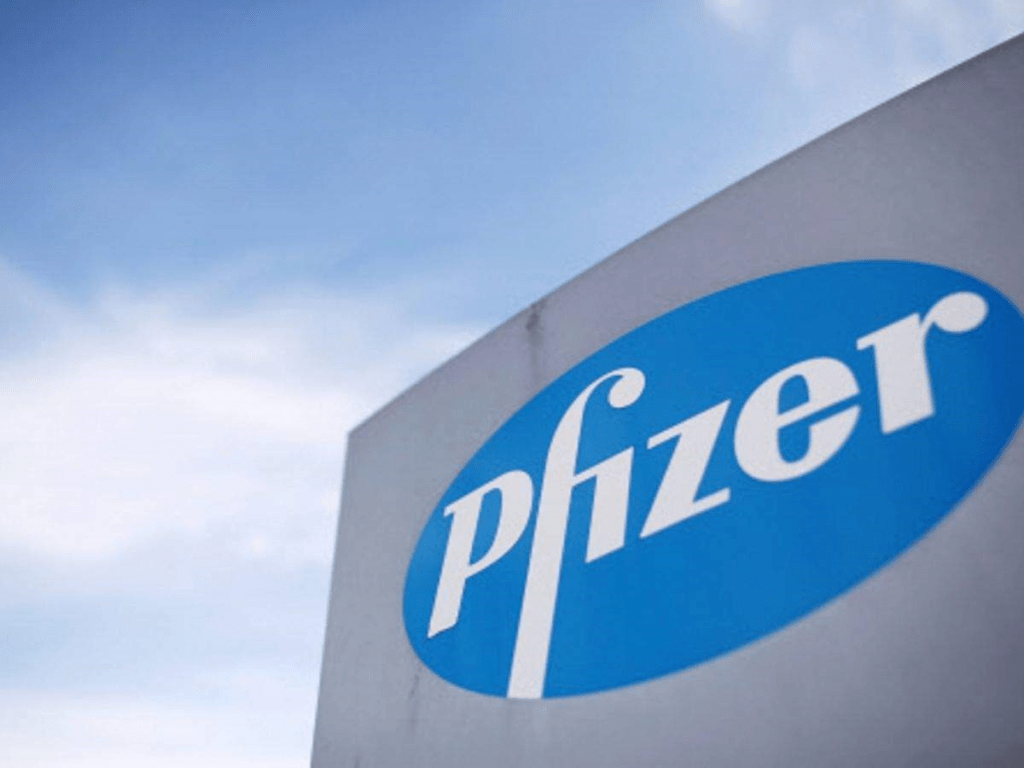
Canada Appeals for International Firefighting Aid
June 09, 2025: Canada has issued an international appeal for firefighting support as wildfires intensify across multiple provinces

February 2, 2021: Pfizer expects to sell around $15 billion in coronavirus vaccine doses this year, the company announced on Tuesday in releasing its fourth-quarter earnings.
The company’s Covid-19 vaccine, with BioNTech, was approved for emergency use in the U.S. for the first time. It forecast between $59.4 and $61.4 billion in revenue this year.
“As a company, we saw the culmination of Pfizer’s decade-long conversion into a pure-play, science and innovation-focused company,” Pfizer CEO Albert Bourla said in a press release.
Bourla added, “Right away, our ability to move quickly and utilize cutting-edge science to help address the world’s most important medical challenges was put to the test by the COVID-19 pandemic.”
Like other Covid-19 vaccine makers, Pfizer has been struggling to meet the demand for doses that will end the coronavirus pandemic.
Pfizer expects to deliver 200 million doses of its two-dose vaccine to the U.S. by July 31. It recently enlisted the help of French drugmaker Sanofi to help produce the shots.
On Tuesday, the company said it is “prepared to respond” if a COVID-19 variant demonstrates evidence of evading its vaccine.
In recent weeks, Dr. Anthony Fauci, including other U.S. health officials, are concerned regarding the vaccines on the market currently may not be effective in protecting the new contagious strains of the virus.
A company conducted a study that found the new Covid-19 strains found in the U.K. and South Africa had only a small impact on its effectiveness.
Still, A booster shot is being developed by Pfizers to protect from the new variants of the disease. Modified vaccines are also developed by Moderna and Novavax.
We provide the insights on leaders who are responsible for taking their organization to new heights, all the while bringing together a group of talented individuals.

June 09, 2025: Canada has issued an international appeal for firefighting support as wildfires intensify across multiple provinces

May 27, 2025: Air Canada Cuts Five U.S. Routes for Winter 2025–26, Part of Broader Cross-Border Retrenchment

May 26, 2025: Trump Freezes $2.2B in Federal Grants to Harvard Over DEI, Threatens Tax-Exempt Status.

May 14, 2025: Microsoft has announced plans to reduce its global workforce by approximately 3%, affecting roughly 10,000 employees across multiple departments.

May 13, 2025: The Trump administration is considering suspending the constitutional right of habeas corpus in a bid to accelerate mass deportations.

April 29, 2025: Donald Trump’s second term has reached the 100-day mark under sustained public skepticism, with national approval ratings